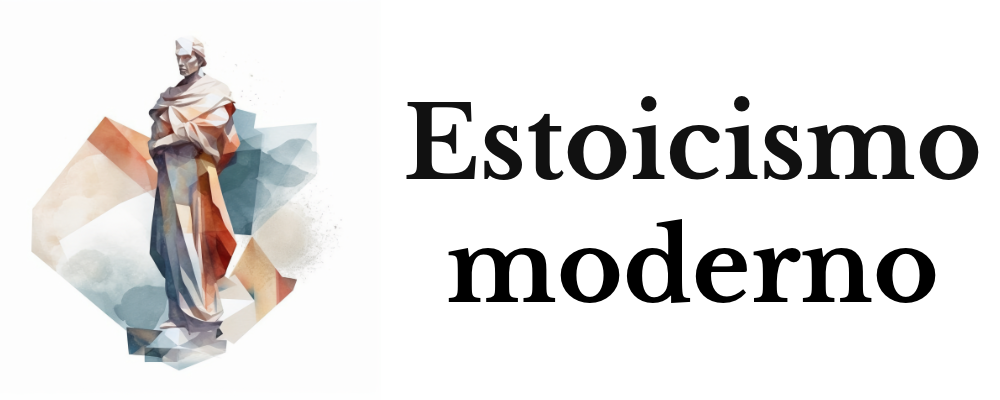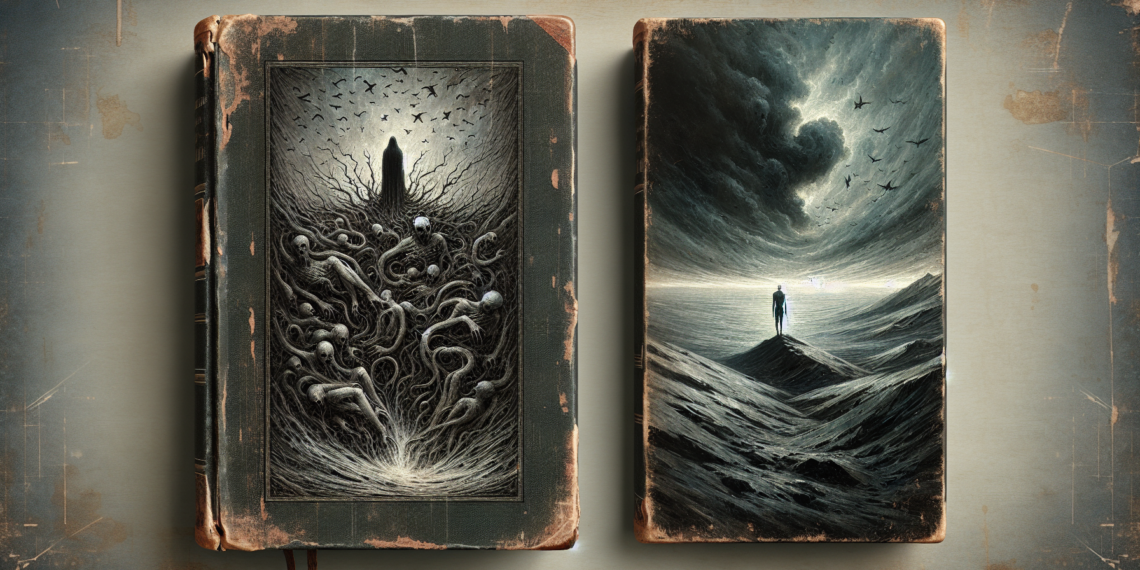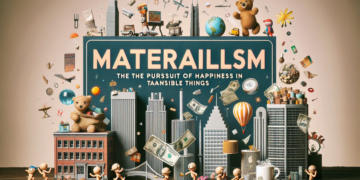Existentialism in Literature: Understanding Human Anguish
In the vast landscape of philosophical literature, few currents penetrate the very flesh of human existence like existentialism. This movement, often associated with 20th-century thinkers such as Sartre and Camus, is deeply intertwined with classical Stoicism: both explore the meaning of life through the prism of self-determination and the value of the individual response to the absurdity of the universe.
“To be ignorant of what occurs before our birth, and to die content with the life we have lived,” once stated Seneca, articulating what might be considered the Stoic creed in the face of existential uncertainty. Like the existentialists, the Stoics advocate for introspection, responsibility, and adaptation to a world that is, at its core, indifferent to our desires and fears.
Anguish and Literature
Reflecting on human anguish through the Stoic lens brings us to the heart of our internal tensions. “Man is condemned to be free,” declared Sartre, alluding to the inherent sorrow in choice and the awareness of our inevitable death. Existentialist literature, mapping the topography of disquiet, regards anguish as a symptom of this freedom.
The intricate plot of the book of our lives is interwoven with the threads of fate and will, but what happens when the thread tightens? Stoicism proposes a dispassionate and courageous gaze. Marcus Aurelius reminds us, “When you arise in the morning, think of what a precious privilege it is to be alive – to breathe, to think, to enjoy, to love.” Herein lies a call to action: cultivate gratitude and presence even amidst longing and despair.
Contemporary Challenges
In our digital era, saturated with information and global challenges, Stoicism offers a bulwark against pervasive anxiety. The anguish we experience today may find its antidote in ancient wisdom, which urges us to distinguish between what is in our power and what isn’t. Epictetus teaches us that “People are not disturbed by things, but by the views they take of them.”
Consider, for instance, the constant connection to social media and the barrage of idealized images of others’ lives. The Stoic invitation is to withdraw from constant comparison and instead, focus on our own path to virtue and self-development.
The Dilemma of Personal Growth
Personal growth is fertile ground for cultivation of both Stoic and existentialist reflections. “Every man’s life is a diary in which he means to write one story but writes another,” said Emerson, a truth that resonates with Seneca when he advises to be the person you decide to be, rather than the one fate has chosen.
For the contemporary Stoic, inner dialogue is not just a coping strategy, but a discipline for strengthening character and a call to an authentic life. Introspection and the practice of ataraxia – a state of unperturbed serenity – are essential tools for managing success and failure with balance and wisdom.
Practical Practices in Daily Life
- Morning Meditations: Start the day reflecting on your gratitude for the opportunities and challenges ahead. Remember Marcus Aurelius’ exhortation about the privilege of existence.
- Circle of Influence: Differentiate between your concerns and your circle of influence. Cultivate a daily practice where you act on what you can change and accept what you can’t.
- Reflective Writing: Record your thoughts and emotions, explore your choices and how they reflect your personal integrity. This echoes the “examined life” that Socrates considered the only one worth living.
- Visualization of Premeditatio Malorum: Practice the Stoic art of foreseeing obstacles and challenges. This visualization technique prepares the soul to face potential adversities with equanimity.
Impactful Messages and Calls to Action
In the twilight of existential anguish, you will find a liberating truth: that in the pause between stimulus and response lies your freedom. As Stoicism invites, embrace this freedom. Do not wish for things to be easier, but for you to be stronger.
“All craftsmanship involves some struggle,” wrote Seneca. The anguish you experience is the clay with which you can shape a resonant and meaningful existence. It is time to grasp the chisel of reason, the hammer of action, and the sandpaper of discernment to sculpt yourself into a masterpiece of virtue and resilience.
Remember: Life is not only about finding purpose but forging it. What better opportunity do you have than now to begin carving the sculpture of your existence, one that not only endures anguish but transforms it into the cornerstone of your growth?
In the face of anguish, lift your gaze to the stars, not to seek answers, but to remind yourself that you are part of something greater. Let your actions be like stars that pierce the night of uncertainty with flashes of clarity and courage. Anguish is human, but the way we choose to confront it, that is divine.









